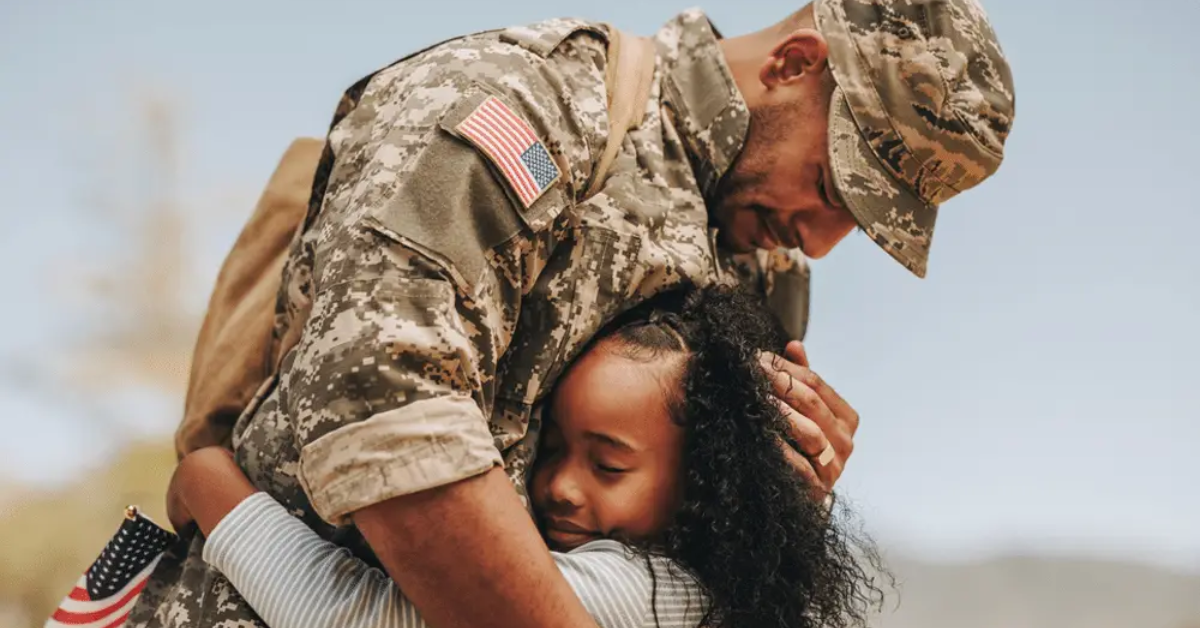Military families often face unique challenges that many people do not understand. The pressure of frequent moves, long deployments, and the emotional strain of a loved one in active service can create a stressful environment. Unfortunately, these stress factors sometimes lead to increased substance use among family members, making their lives even more complicated.
What makes this situation worse is the limited availability of support services specifically designed for military families. Many struggle to find help nearby or face long wait times for counseling and treatment. This growing problem needs more attention to ensure these families receive the support they deserve.
The Unique Stressors Faced by Military Families
Life in a military family is not like everyday life for most people. Relocating frequently means children have to change schools often, and spouses might find it hard to maintain steady jobs. This constant change creates emotional challenges and uncertainty.
Besides moving, long deployments separate families for months or even years. The absence of a parent or spouse creates anxiety and can lead to feelings of isolation. These stressors make military families vulnerable to turning to alcohol or drugs as a way to cope.
Rising Substance Use Among Military Families
Studies show that substance use, including alcohol and prescription drugs, is increasing in military households. People use these substances to manage stress, anxiety, or depression caused by their difficult living conditions. Younger family members, especially teenagers, might also be affected and start experimenting due to peer pressure or emotional pain.
Unfortunately, substance use can cause more problems. It can lead to poor health, damaged relationships, and even legal troubles. Without proper help, those struggling might fall deeper into addiction, which affects the entire family’s well-being.
Challenges in Accessing Support Services
Support services for substance use exist, but military families often face barriers. These can include a lack of nearby facilities, stigma around seeking help, and confusing rules about which benefits they can use. Many communities do not have enough counselors trained to work with military-related issues.
Additionally, the COVID-19 pandemic made it harder to get support as some services moved online or were temporarily closed. For military families, who often live in remote or base areas, this reduced access added more stress.
Why Early Intervention and Awareness Are Crucial
Spotting early signs of substance use and asking for help can save lives. Families, friends, and community members need to learn the warning signs such as mood swings, changes in behavior, or secretive actions. Early intervention can prevent addiction from worsening and improve long-term outcomes.
Military leaders and organizations also play a key role by promoting awareness programs and reducing stigma. Encouraging open conversations about mental health and substance use can create a supportive environment where families feel safe to seek help.
Improving Support Systems for Military Families
To address these challenges, more dedicated resources are needed. Governments and military organizations can invest in specialized treatment centers and mobile counseling services to reach families wherever they live. Training more counselors to understand military culture will help make treatment more effective.
Community support groups can also provide a safe space for military families to share experiences and advice. Building strong local networks helps reduce isolation and promotes recovery. Technology, like online therapy and helplines, can further increase access to support.
The Role of Society in Supporting Military Families
As civilians, it is important to recognize the sacrifices military families make and offer understanding rather than judgment. Schools, workplaces, and neighborhoods can create welcoming spaces and provide information about available resources. Volunteering or fundraising for support programs is another way to help.
By working together, society can ensure that military families receive the care they need to overcome substance use challenges and lead healthier, happier lives.
Conclusion: A Call to Action for Better Support
Military families face many pressures that increase the risk of substance use, but they should not have to face these problems alone. Improved access to specialized support services and community awareness can make a big difference in their lives.
Everyone has a role to play—from government leaders to everyday citizens—in ensuring these families feel supported and valued. With greater attention and action, the challenges military families face today can become manageable obstacles instead of overwhelming burdens.




